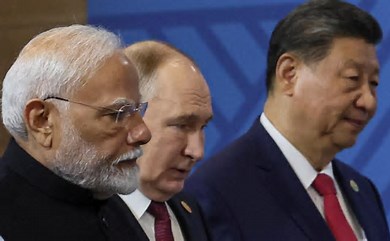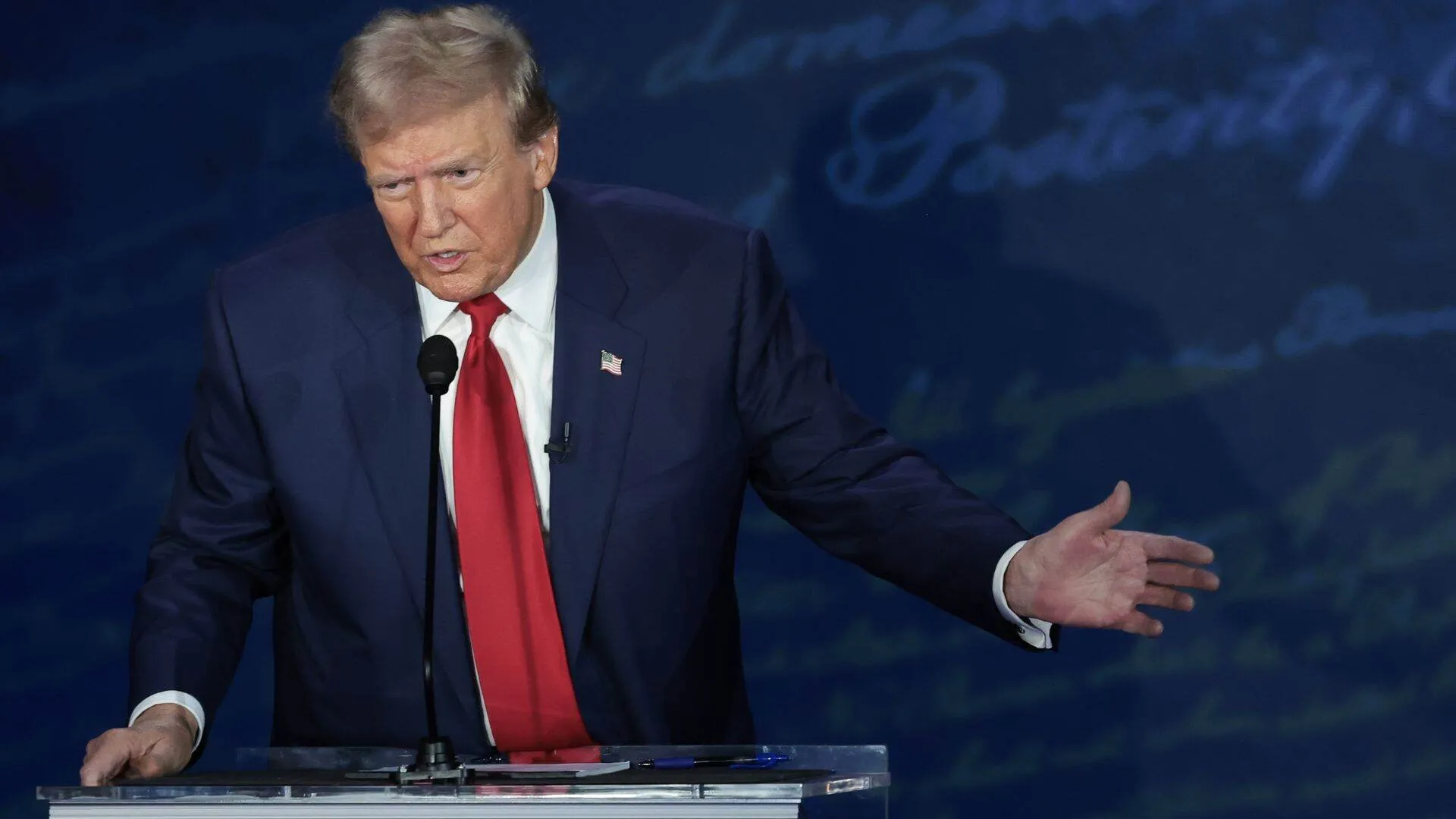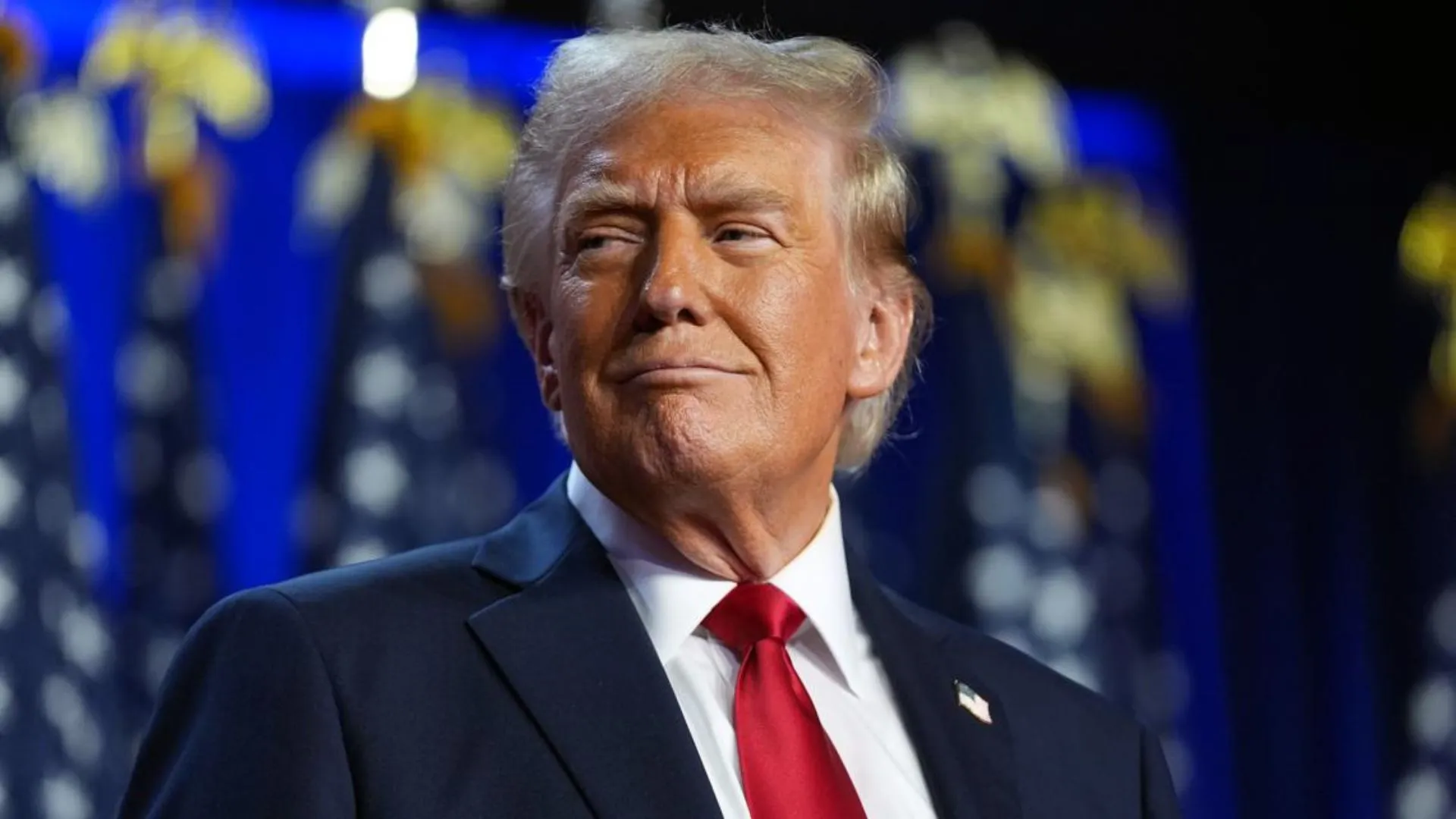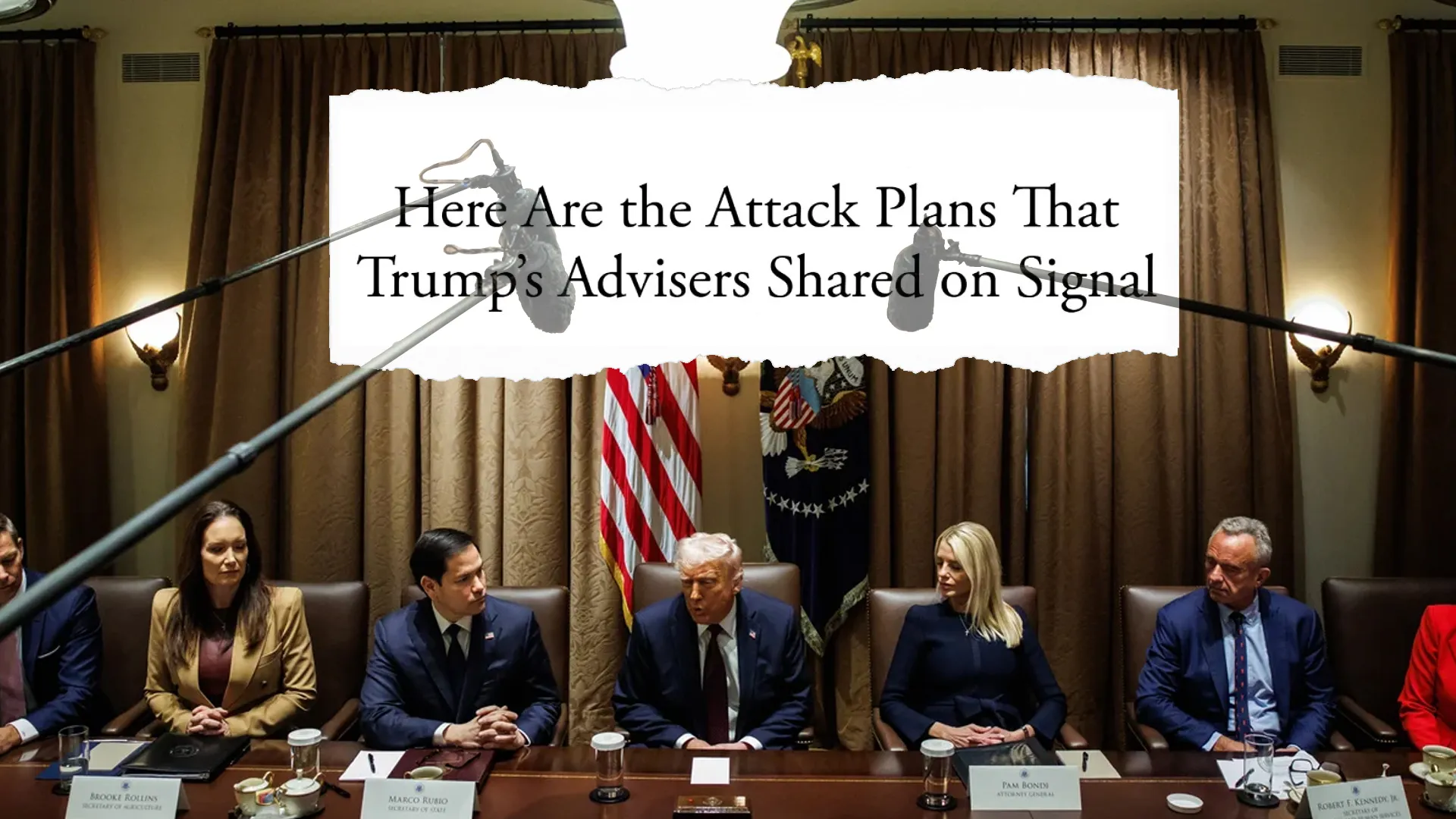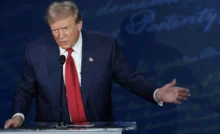Russia has commended the recent meeting between Indian Prime Minister Narendra Modi and Chinese President Xi Jinping, held on the sidelines of the BRICS Summit in Kazan, marking the first high-level interaction between the two leaders in five years. Russian envoy Denis Alipov called the meeting a positive development for India-China relations, emphasizing Russia’s support for stability between the two nations.
Complex Border Dispute Requires Trust and Determination
Acknowledging the complexity of the India-China border dispute, Alipov expressed optimism for an amicable resolution, referencing Russia’s own lengthy border negotiation with China, which took over 40 years. “India and China will eventually be successful in resolving the border dispute, but it requires determination and an open-hearted approach. Trust is the main prerequisite for an amicable resolution,” he noted.
Russia’s Stance on India-China Relations
Russia, while not directly involved in India-China negotiations, strongly advocates for positive relations between the two powers. Alipov underscored that such cooperation is crucial for Eurasian security and the global landscape. “India and China are main economic drivers in this region, and we endorse trust between them,” he said, reiterating Russia’s commitment to fostering strong diplomatic ties across Asia.
Strategic Ties and Regional Impact
With Russia being India’s largest military supplier and a key source of crude oil since the Ukraine crisis, Moscow values stable India-China relations. However, India remains watchful of Russia’s growing ties with China. Alipov suggested that a unified voice from India and China on global security and financial issues, especially for the Global South, could reinforce regional stability.
Encouraging Dialogue and Mutual Understanding
Alipov concluded by highlighting Russia’s hope that recent high-level engagements, like the Kazan meeting, will pave the way for closer India-China cooperation. He remains confident that sustained dialogue will be instrumental in resolving contentious issues and enhancing mutual trust.


